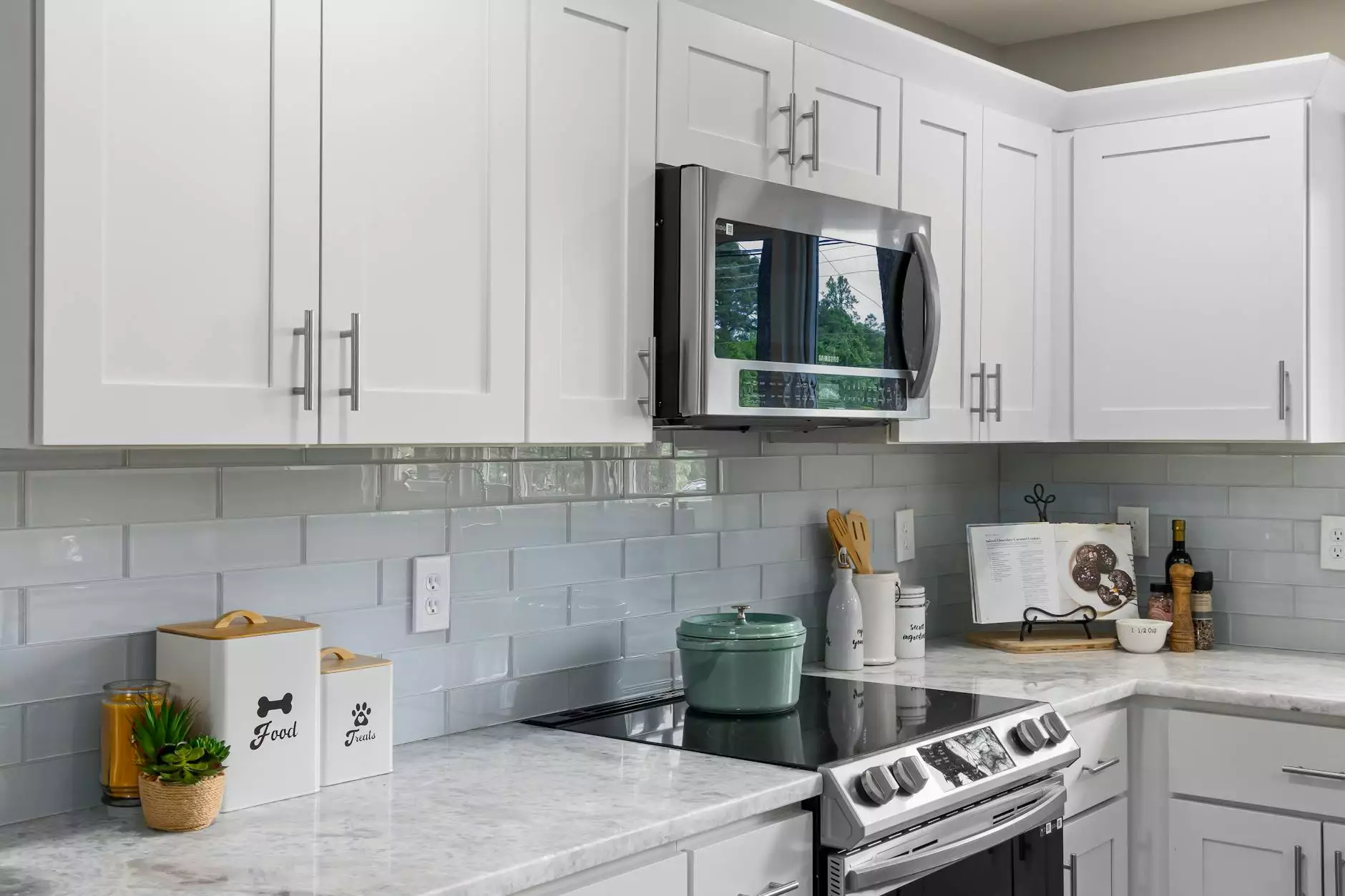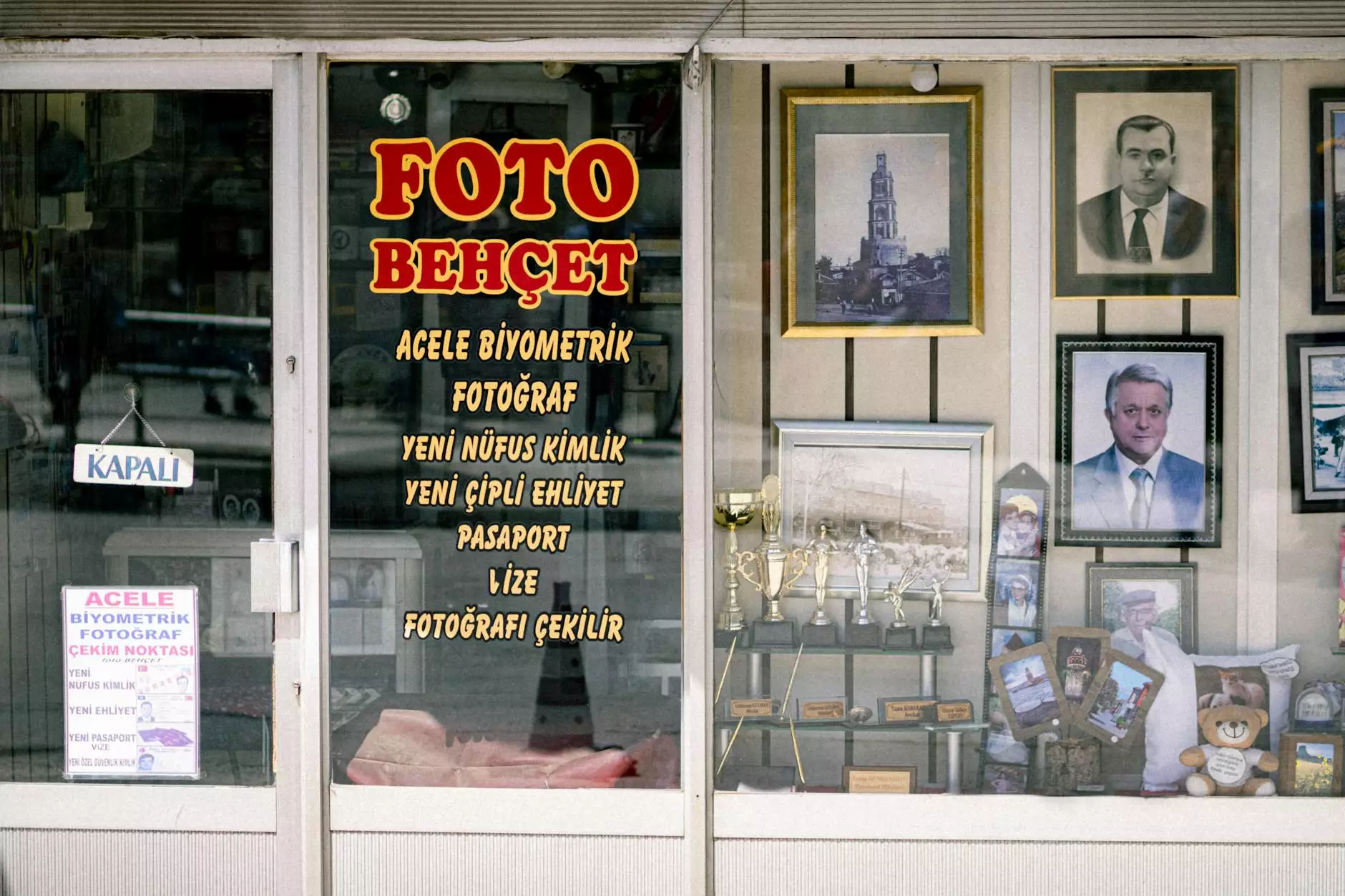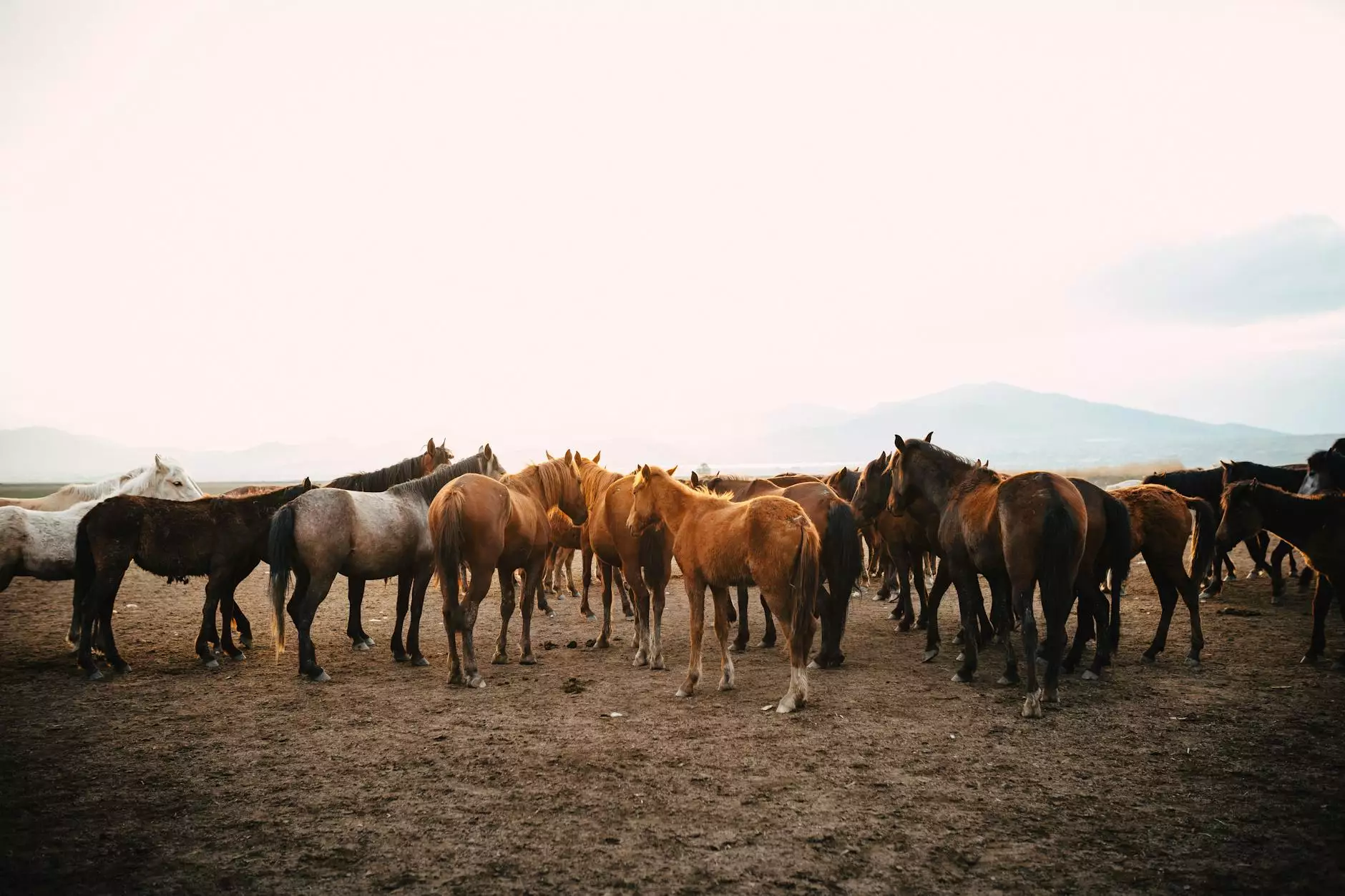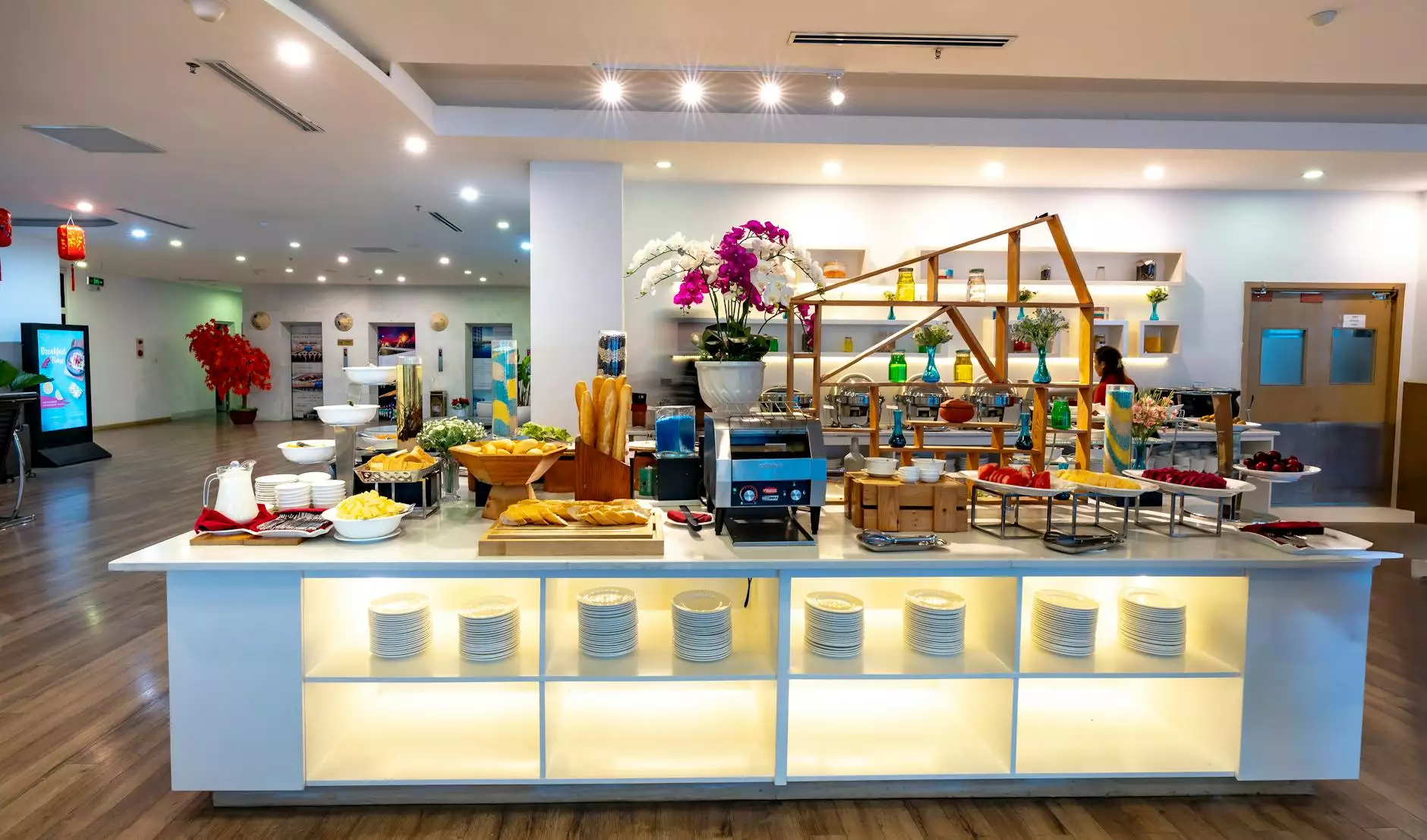Exploring the Role of Halal Chicken Manufacturers in Global Poultry Industry

The international demand for Halal chicken continues to grow, propelled by a rising awareness of ethical standards and dietary requirements among consumers worldwide. This article dives deep into the significance of Halal Chicken Manufacturers, highlighting their role, particularly Brazilian poultry exporters and the advantages of sourcing chicken in bulk.
Understanding Halal Chicken Production
The term "Halal" refers to what is permissible or lawful in traditional Islamic law. When it comes to poultry, Halal chicken must adhere to specific standards during its production, slaughtering, and processing. Here are some essential elements:
- Humane Treatment: Animals must be treated with compassion, ensuring minimal suffering.
- Islamic Law Compliance: The slaughtering process must be overseen by a trained Muslim individual, usually using the method called "Zabiha".
- Cleanliness Standards: The processing plant must meet rigorous hygiene and health standards to ensure food safety.
The Growing Demand for Halal Chicken
As the global Muslim population expands, so does the demand for Halal products, including chicken. In markets such as the Middle East, Southeast Asia, and even Western countries with significant Muslim demographics, Halal chicken is becoming a staple.
Factors contributing to this rising demand include:
- Health Consciousness: Consumers are increasingly looking for healthier meat options.
- Cultural Preferences: Halal chicken resonates with consumers' cultural and religious beliefs.
- Increased Availability: The globalization of the food supply chain has made Halal products more accessible.
Brazilian Poultry Exporters: A Competitive Edge
Brazil stands as one of the top poultry producers and exporters in the world. The country's advantages in the poultry sector heavily contribute to the supply of Halal chicken. Let’s explore what makes Brazilian poultry exporters a standout:
High-Quality Standards
Brazil adheres to stringent quality assurance protocols. With extensive regulations around animal welfare and food safety, Brazilian farms produce chicken that meets international Halal standards.
Modern Technology in Poultry Farming
Utilizing advanced farming technologies, Brazilian poultry exporters have enhanced productivity and efficiency. Employing techniques such as:
- Genetic Selection: Implementing selective breeding techniques ensures the vitality and growth rates of the chickens.
- Automated Systems: From feeding systems to climate control, automation enables optimized growth conditions.
- Traceability: Advanced tracking systems allow buyers to trace the supply chain from farm to table, assuring Halal compliance.
Strong Export Network
Brazil’s well-established export infrastructure supports the efficient shipment of Halal chicken worldwide. The country benefits from its strategic location, which reduces shipping times and costs.
Benefits of Sourcing Chicken in Bulk
For businesses—restaurants, supermarkets, and food distributors—sourcing chicken in bulk offers numerous advantages:
Cost Efficiency
Buying in bulk typically results in significant cost savings. Suppliers often provide discounted rates for larger orders, allowing businesses to manage their budgets more effectively.
Consistent Supply
Establishing a strong relationship with a reliable Halal chicken supplier ensures a consistent supply of products, essential for businesses with high consumer demand.
Simplified Supply Chain Management
By sourcing Halal chicken in bulk, businesses manage fewer transactions and establish a streamlined procurement process, reducing administrative workloads.
Choosing the Right Halal Chicken Manufacturers
With the booming demand for Halal chicken, selecting a reputable manufacturer is crucial. Consider these factors when making your choice:
Certification and Compliance
Ensure the manufacturer possesses credible Halal certification from recognized authorities. This guarantees that all processes align with Islamic dietary laws.
Quality Assurance Practices
Research the manufacturer’s quality control measures. Look for third-party inspections and audits that verify product quality and safety standards.
Customer Service and Support
Evaluate the responsiveness of the manufacturer’s customer service, as good communication can play a vital role in resolving issues and ensuring smooth transactions.
The Future of Halal Chicken Manufacturers
As the global landscape continues to evolve, so too does the role of Halal Chicken Manufacturers. Emerging trends indicate shifts in consumer behavior and technological advancements that will shape the industry’s future:
Innovation in Production Techniques
With ongoing advancements in technology, manufacturers are likely to adopt more innovative techniques to enhance productivity and sustainability in poultry farming.
Increased Focus on Sustainable Practices
As consumers become more informed about environmental issues, there is a growing emphasis on sustainability in agriculture. Halal chicken producers will need to adopt practices that align with environmentally friendly principles.
Expansion into New Markets
As the demand for Halal products grows beyond the traditional markets, manufacturers are poised to explore new avenues, such as Western nations, where the Muslim population is on the rise.
The Conclusion: A Promising Industry
In summary, the ecosystem created by Halal Chicken Manufacturers, especially Brazilian poultry exporters, plays an undeniable role in meeting global demands for ethical, healthy, and culturally aligned food products. With a commitment to quality, humane practices, and an eye toward innovation and sustainability, the industry is set for a promising future.
For wholesalers and businesses seeking to provide quality Halal chicken to their customers, aligning with trusted suppliers will enhance both reputation and profitability in this expanding marketplace.









